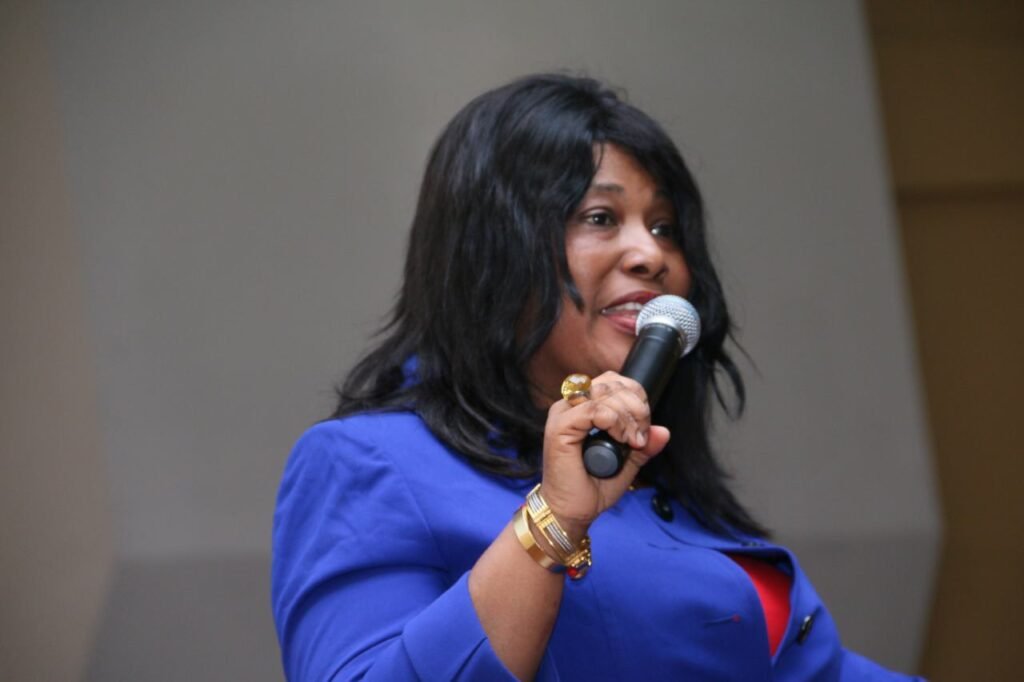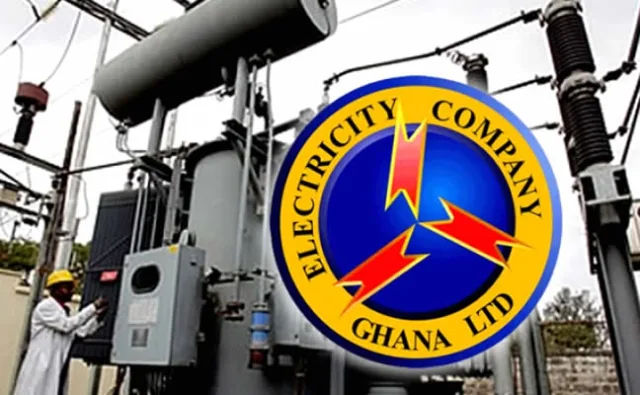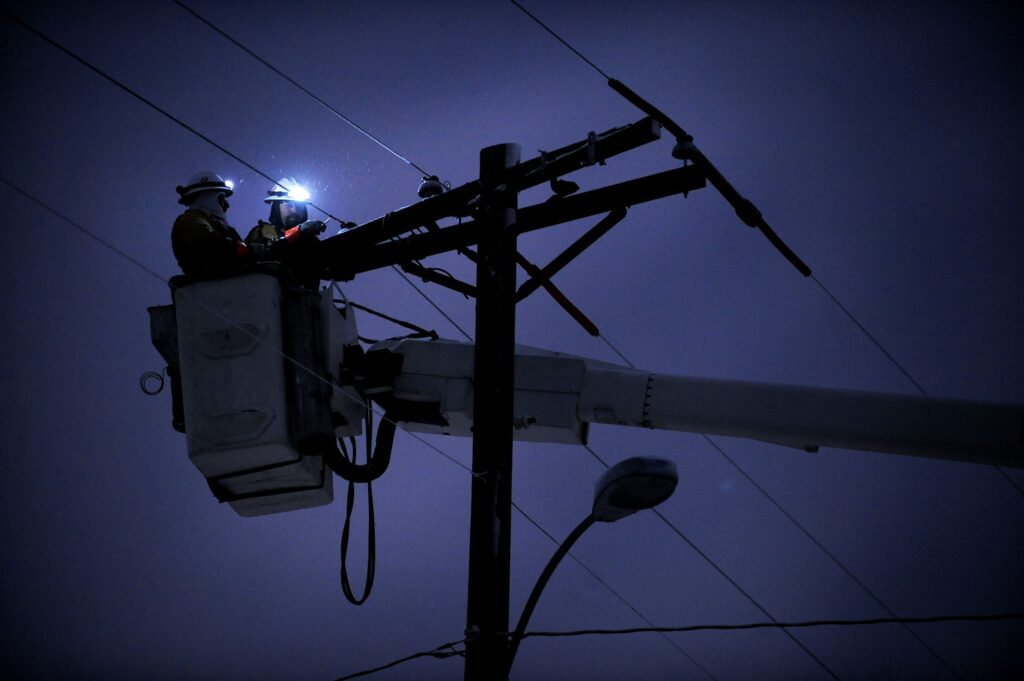The Public Utilities Regulatory Commission (PURC) has assured Ghanaians that consumer welfare will not be sacrificed as the country’s major utility providers push for steep electricity tariff increases to cover mounting operational costs.
Speaking on the proposals, PURC Board Member and Presidential Staffer Nana Yaa Jantuah acknowledged the delicate balance the Commission must maintain between ensuring reliable service delivery and protecting consumers from unbearable costs.
“The cost of energy is expensive, so we need to keep the lights on. We must ensure that energy is available for industry, for the economy to run, and to guarantee consumer comfort.
“The quality of service is key, but we also have a very difficult job—to ensure improved service delivery while keeping the utilities financially viable. Ultimately, we must find a win-win situation.”
PURC Board Member and Presidential Staffer Nana Yaa Jantuah
Utilities Seek Aggressive Increases

The tariff review applications submitted to the PURC by Ghana’s top utilities outline some of the sharpest proposed hikes in recent years. The Ghana Grid Company (GRIDCo) is asking to more than double its transmission service tariff from 5.6422 pesewas per kilowatt-hour to 12.9768 pesewas per kilowatt-hour in 2025.
At the generation level, the Volta River Authority (VRA) is requesting a 59 percent increase in its Bulk Generation Charge, proposing an upward adjustment from 45.0892 pesewas per kilowatt-hour to 71.8862 pesewas.
The most controversial proposal has come from the Electricity Company of Ghana (ECG), which is seeking approval to raise its Distribution Service Charge from GHp19.0875/kWh to an average of GHp61.8028/kWh over the 2025–2029 tariff period. The utility cites inflation, exchange rate volatility, high interest rates, and the need to fully recover investment costs as justification.
Other distribution utilities have also tabled requests. The Northern Electricity Distribution Company (NEDCo) is seeking 92.7333 pesewas per kilowatt-hour, while the Enclave Power Company Limited (EPCL) submitted the highest proposal at 147.1775 pesewas per kilowatt-hour.
Analysts Push Back Against ECG

While utilities argue that these adjustments are critical to sustaining operations, the proposals have triggered pushback from consumer groups and independent analysts. Energy analyst Kwesi Yamoah Abaidoo has taken particular aim at ECG’s request, describing it as disproportionate and unfair.
“Requesting such an increment will yield no results until these inefficiencies are addressed.
“ECG seems to take pleasure in increasing the burden of Ghanaians instead of fixing its structural problems.”
Energy analyst Kwesi Yamoah Abaidoo
He pointed to ongoing technical and commercial losses, poor governance, and wastage as major drains on the company’s finances.
Mr. Abaidoo noted that the PURC only approved a 14.75 percent tariff increase in July 2025, yet consumers are already being asked to prepare for another round of adjustments.
He added that despite recent gains from the cedi’s appreciation, which should have translated into relief for households and businesses, consumers have yet to feel any benefit.
“The average Ghanaian hasn’t seen any increase in disposable income. Salaries remain stagnant, yet electricity costs keep rising.
“This proposal risks pushing low-income households, especially those in rural areas, off the national grid.”
Energy analyst Kwesi Yamoah Abaidoo
Businesses Fear Ripple Effects

Beyond households, analysts warn that the proposed increases could undermine business competitiveness. Mr. Abaidoo stressed that companies faced with higher energy bills would inevitably transfer costs to consumers, fuelling further inflation.
“Such steep hikes will also hurt businesses, forcing them to pass costs onto consumers, thereby worsening economic hardships.”
Energy analyst Kwesi Yamoah Abaidoo
While he acknowledged that some level of increase may be inevitable due to both global and local cost pressures, he argued for a more measured approach.
“For a rational percentage, we believe that anything within the range of 50 percent for the next four years would be reasonable.
“In that, I do not think that the average worker would be receiving a salary increment of about 50 percent from now to the next four years. If you do not have the purchasing power to pay, it also becomes difficult.”
Energy analyst Kwesi Yamoah Abaidoo
The PURC now faces the difficult task of sifting through these competing arguments and determining what level of adjustment, if any, should be approved.
Its decision will have far-reaching implications not just for the financial health of utilities but also for households and industries already battling high living costs.
For consumers, the hope lies in the PURC’s promise of fairness. As Nana Yaa Jantuah stressed, the Commission’s mandate is to ensure that the lights stay on while protecting Ghanaians from unreasonable burdens.
How that balance is struck in the coming weeks will determine whether the country’s energy future is sustainable or unaffordable.
Read Also: Banking Sector Shakeup: Five Ghanaian Banks Under Intense BoG Scrutiny Over Capital Failures



















